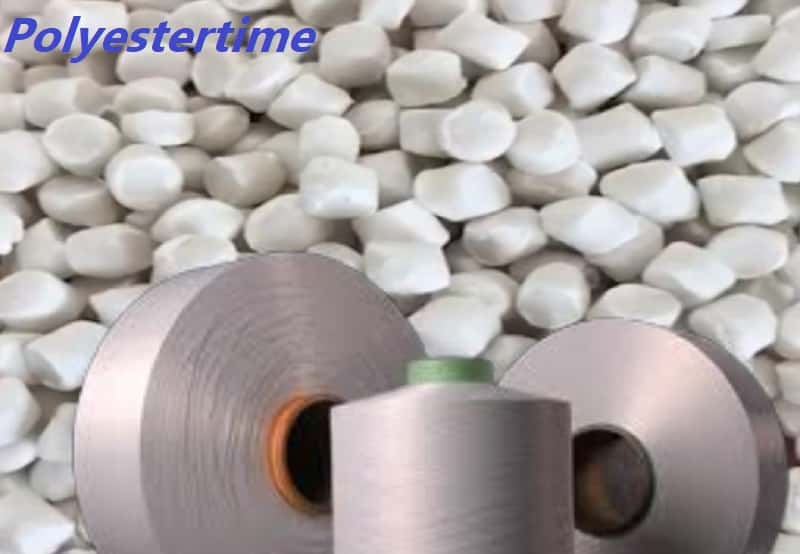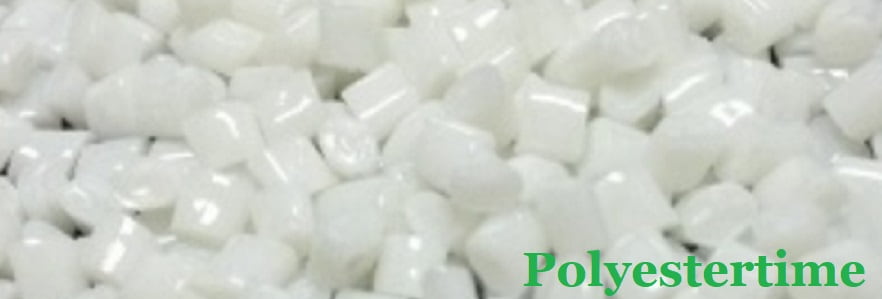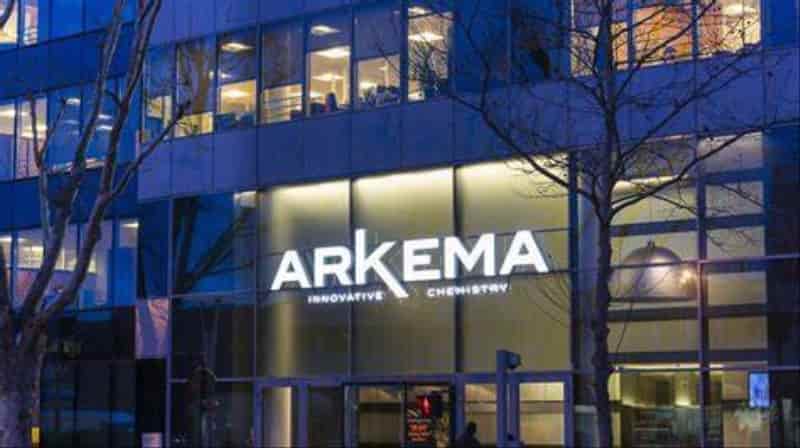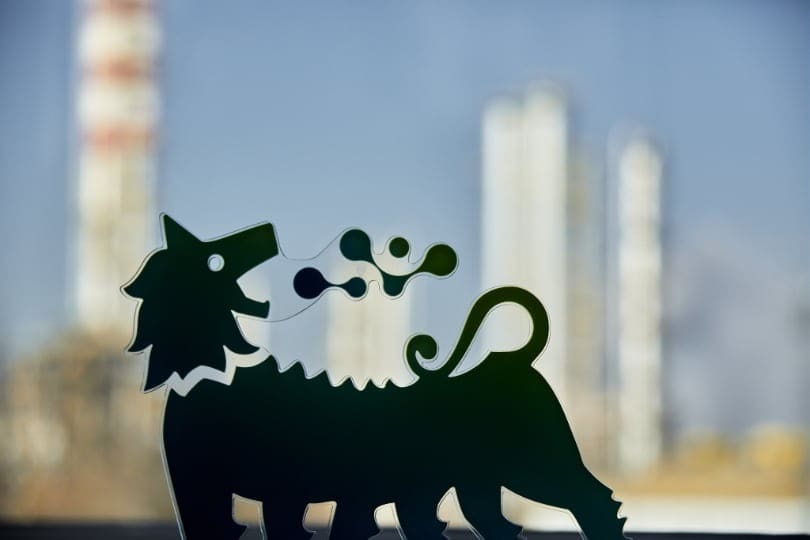Vynova today announced the launch of a research & development programme to further advance PVC recycling and help the PVC value chain accelerate towards circularity. Vynova’s innovation efforts focus on technologies to remove heavy metals from dissolved rigid post-consumer PVC waste such as used window profiles or pipes. Circular economy
PVC is widely used in numerous long-lasting and durable applications and can be repeatedly mechanically recycled without any significant loss of key properties
Over the past 20 years, the European Vinyls value chain has been successful in the large-scale implementation of mechanical recycling processes, with more than 700,000 tonnes of PVC recycled in Europe every year. However, due to the long lifespan of PVC applications such as windows or pipes, PVC waste often still contains additives that were used in production decades ago, but have since been proactively phased out by the European Vinyls industry. Circular economy
In order to ensure full compliance with existing and potential future restrictions related to such legacy additives, innovative solutions are required.
To help realize this goal, Vynova has launched an R&D programme comprising both internal research efforts and collaborations with academic institutions.
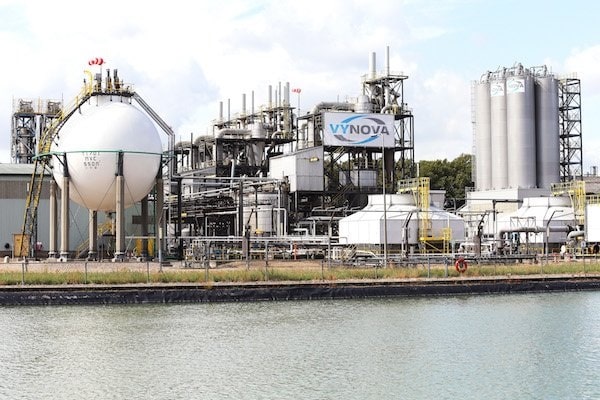
Nylon semi-dull HS chip price surges on strong fundamentals
Recently, there has been a particularly tight supply of semi-dull HS (high-speed spinning) chips. Circular economy
High-end chip is still mainly traded by contract, and mainstream manufacturers have no spot supply available, and even in cases where there is some spot availability, the amount depends on their relationships with the supplier. Finding any quantity is considered good, with sellers setting the prices and buyers having minimal room for negotiation. The lower-end HS chip market primarily relies on spot trading, and due to the overall shortage in the semi-dull HS chip market, spot prices have been increasing continuously, leading to an independent market trend.
Historically, low-end HS chip spot prices have generally been around 300-500yuan/mt lower than high-end HS chip contract prices. During periods of relatively abundant supply, the difference can expand to 800-1000yuan/mt or more. Circular economy
In tighter supply situations, the price difference narrows or becomes nearly equivalent. It’s rare to see spot prices in the lower-end market surpassing those in the high-end market. However, in April 2024, there was a surge in lower-end HS chip spot prices, exceeding high-end contract chip prices by 400-600yuan/mt. Since May 13, lower-end spot prices have consistently risen, with price rising from 14500-14600yuan/mt to the current highest 15900-16000yuan/mt, 6 months payment delivered. Meanwhile, the high-end chip contract price in May is around 14665-14765yuan/mt, resulting in a nearly 1,200yuan/mt difference, clearly indicating an inversion in high and low-end prices. Circular economy
